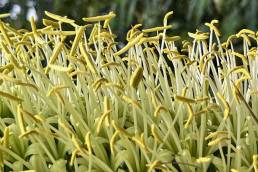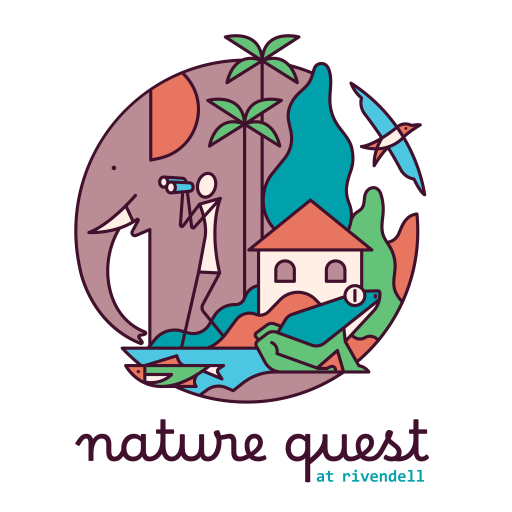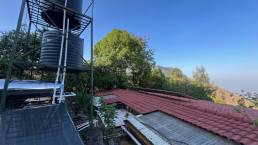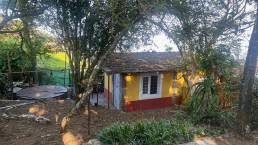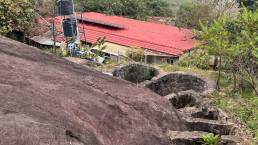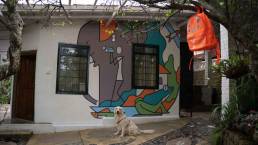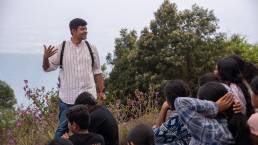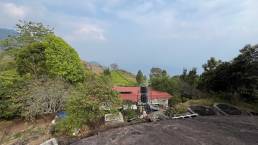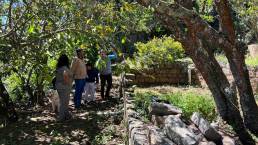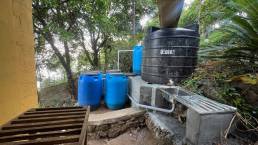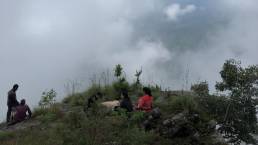Nature Quest is set up because of the generosity of

Satish Vangal
Ramki Sreenivasan

Malathi Mittal andAshok Mittal
Muthumeenakshi
Our Story
There was once a land in the Western Ghats mountains. Lush green, overlooking a sprawling valley. Satish, an explorer, found that land and got it for her mother Malathi Mittal’s 60th birthday 20 years so. Since then, Malathi and Ashok Mittal visited the land every day. They mapped the water flow from the rocks. They catalogued the plants. And they decided to develop a quaint living space with environmentally friendly materials with as less impact on the land as possible.
In those twenty years, Rachita and Ram grew up in two different parts of India. Dhanbad in Jharkhand and Pudukkottai in Tamil Nadu. They are educators who nurture a love for nature and empathy for the natural environment in the hearts and minds of children and youth of India. The universe made them meet through a Rotary club. They got married later and decided to move the Wetern Ghats Mountains in the Nilgiris.
Through a common friend, they met Satish, Malathi and Ashok at the land they nurtured for 20 years and fell in love with it. They discovered how the quaint home on the land and the mountains offer a calming and transformative experience. Together, the four of them decided to set up Nature Quest – an earthly Oasis to welcome children, families and youth to develop their connection with nature.
Nature Quest features lush green, inclusive community learning and retreat spaces that provide visitors with a lasting effect on their lives. It is a place for families to reconnect with nature and children to explore the wonders of the natural world. It pours hope into the lives of young people, help them reflect, find their purpose, and discover the change they want to make for the natural world.
In this way, we can be catalysts for people to take better care of the planet and each other.
Our eco measures
In Coonoor in the Nilgiris, around 10 tonnes of waste is generated every day. There is a rampant, unsustainable development that diminishes the well-being of the land.
Nature Quest responds to the Hawaiian philosophy of Malama Honua —taking care of the island Earth.. Ancient wisdom has been woven with sustainable eco-design to create a low-impact oasis.
We take our Low Impact Commitment seriously as we implemented sustainable practices throughout the villa to minimize our impact on the environment and promote a healthier planet.
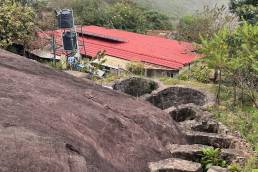
To avoid taking precious water from the Nilgiris people, we try to be self-sufficient by collecting rainwater to supply all our facilities. The rainwater is captured from the rocks above the property, our roofs, filtered and treated to potable quality before distributed throughout the land.
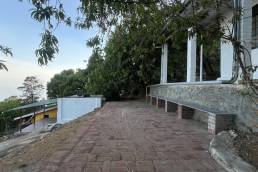
Nature Quest features 3 Rammed Earth buildings that are designed with the heart of eco-architecture. They are durable, ecological and have slow heat transfer. It also provide a comfortable and unique living experience while also preserving our natural resources.
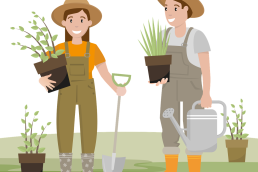
At Nature Quest, the wastewater from the kitchen, showers and toilets are fed into the wastewater gardens and reused to grow plants and trees. In our wastewater gardens, we reproduce the conditions of natural wetlands—the “kidneys of the Earth”— so that we don’t pollute the water of the mountains we love so much!
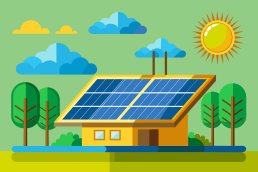
Lighting accounts for 6% of total CO2 emissions. At Nature Quest, 100% of lighting is powered by solar energy. You can charge all your USB devices using our solar system too!
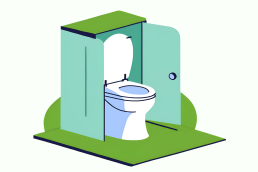
An average person flushes 39L of water per day using a normal toilet. By simply shifting to an eco toilet bowl and dry toilets, water usage goes down to 4L per day, realising an 86% reduction! They are hygienic and even our waste turns into a compost benefitting the land.
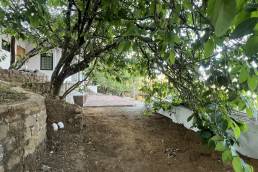
Deforestation accounts for 10-20% of global greenhouse gas emissions. All the wood used to build Nature Quest is from reclaimed, upcycled or sustainably sourced wood—not a single tree was cut down on site while building.
